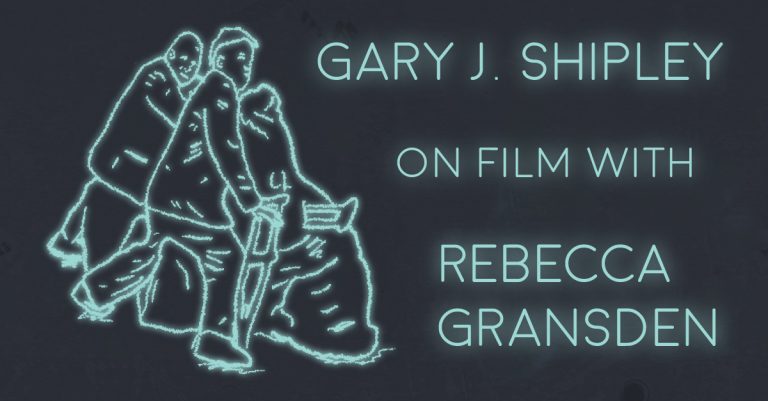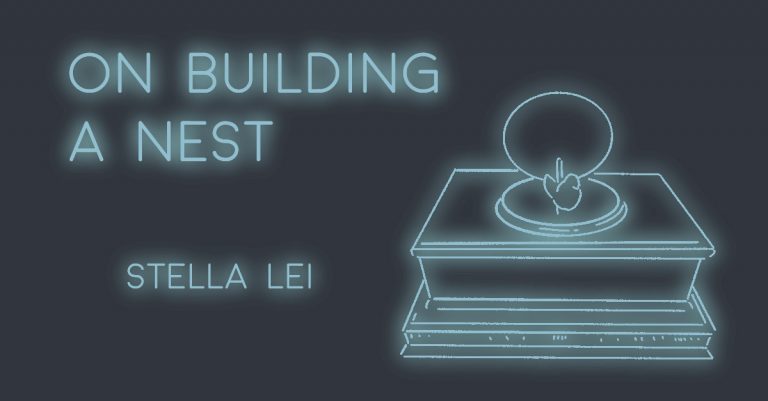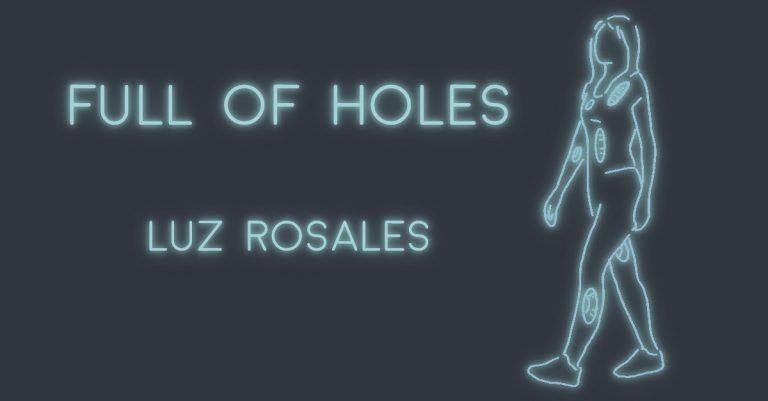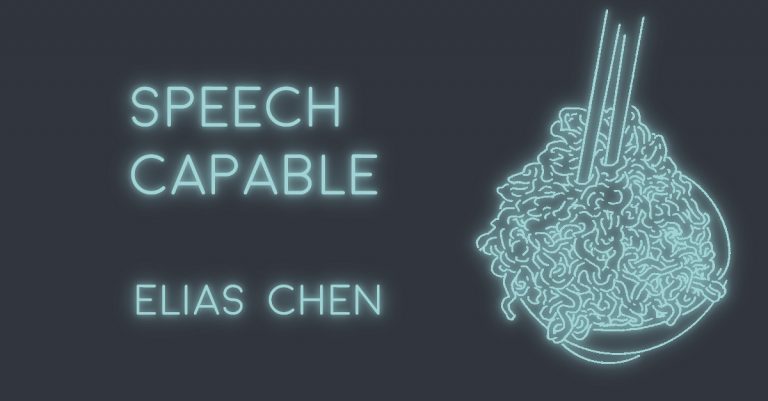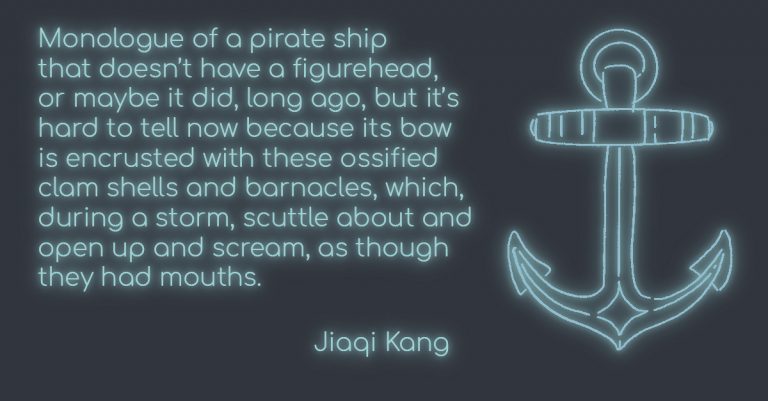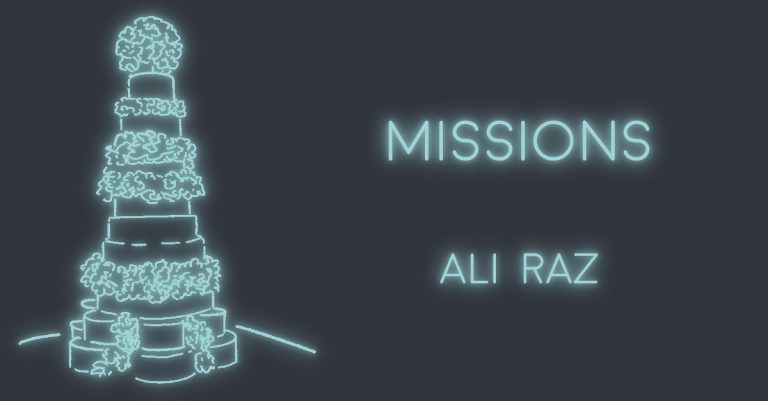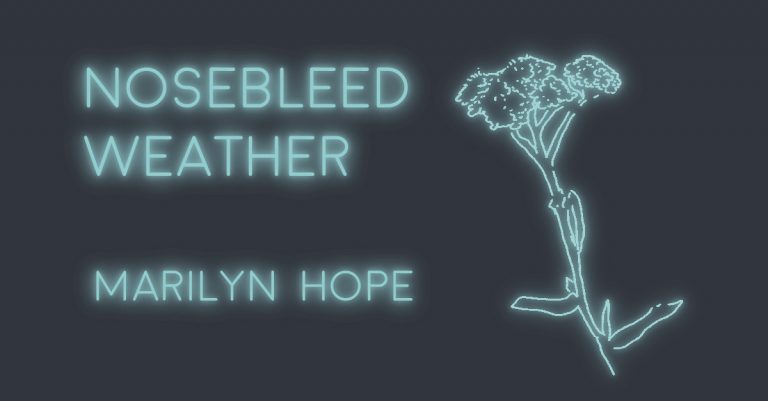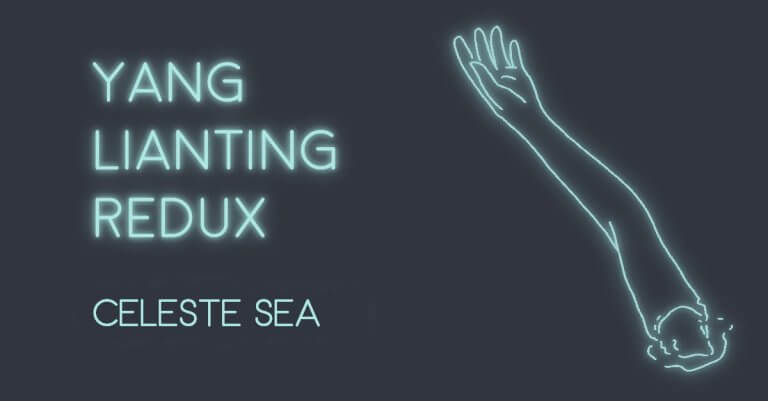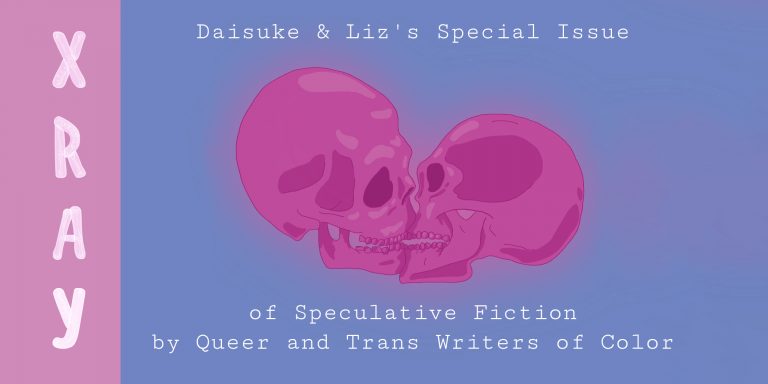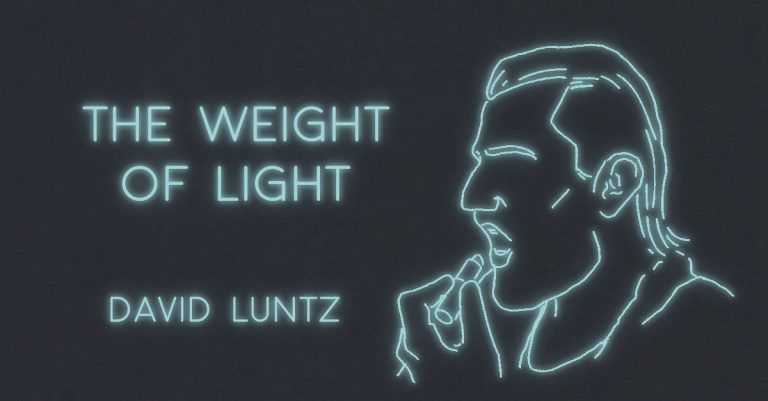
THE WEIGHT OF LIGHT by David Luntz
The weight of light can be measured by my Uncle Kev’s death. But before that, some memories: it’s family dinner and Uncle Kev’s explaining how the bread mashed in his ex-boxer’s sixty-year-old fist represents Pangea and the glass of red wine in his fingers the Tethys Sea. He’s telling us about the earth’s history, Wegener’s theory of continental drift, orogeny, extinct volcanoes, dragonflies in amber, and trilobites. Mom and dad tune him out. So do I. I get enough of that kind of shit at school. But Uncle Kev doesn’t care. He’s relentless, a natural fighter, and won’t stop until

